If you’ve ever crossed a marathon finish line and thought, “I could keep going,” then you might have the right mindset for an ultra marathon. Simply put, an ultra marathon is any foot race longer than the standard marathon distance of 26.2 miles (42.2km).
These events can range from 50km to 100 miles or more, covering everything from rolling countryside to brutal mountain ascents. Some take place on roads, but most are run on trails, where the terrain is as much a challenge as the distance itself.
How long is an ultra marathon?
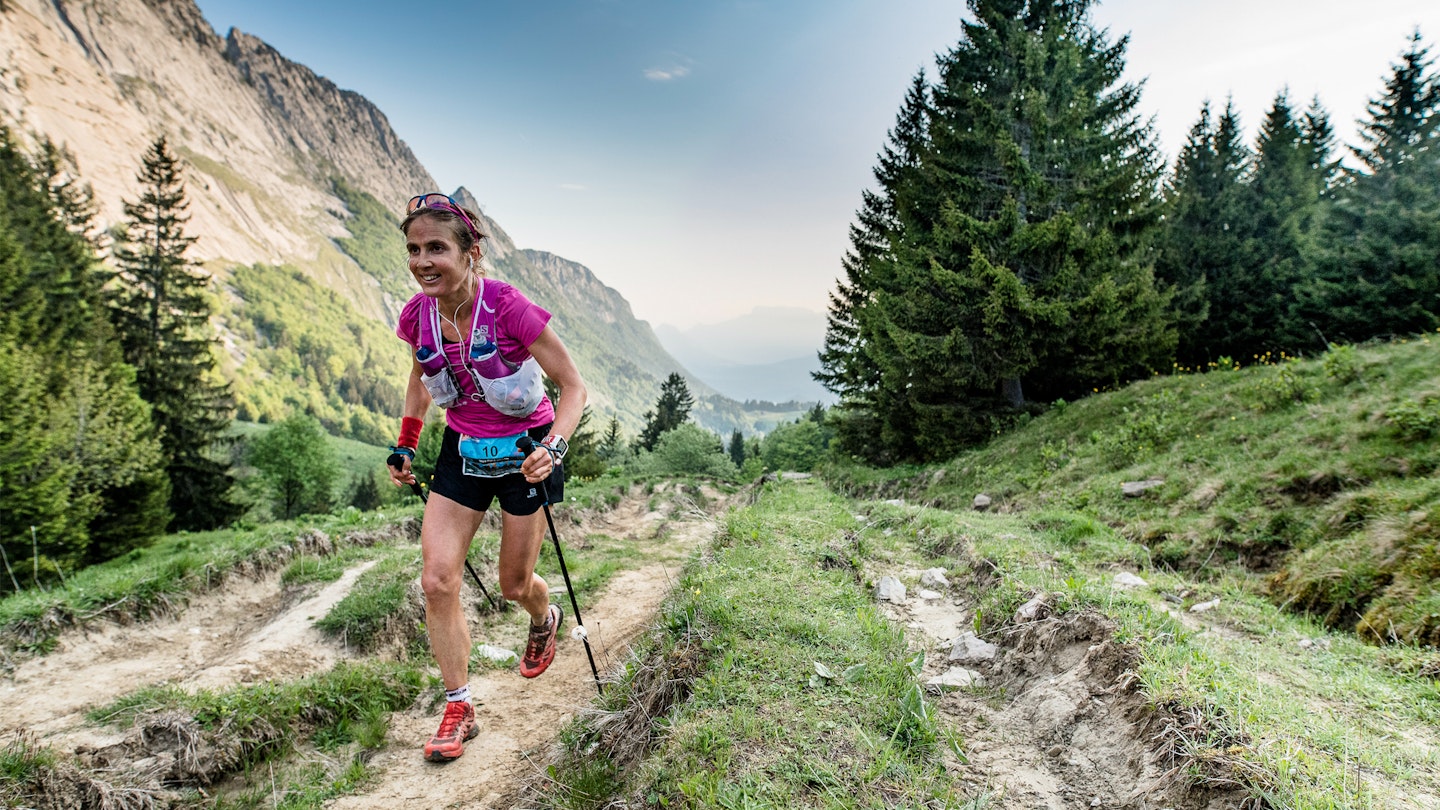
Technically, an ultra marathon starts at anything over 26.2 miles, but most events begin at 50km (31 miles). From there, distances vary wildly.
Common race categories include 50km, 50 miles, 100km, and 100 miles, but there are also multi-day events and ‘last man standing’ races where runners keep going until only one remains. In short: an ultra marathon can be as long as you’re willing (or mad enough) to run. Just make sure you have supportive footwear (for which, consult our best ultra running shoes list).
I know what you're thinking – If I just run 100 extra meters at the end of a marathon, can I tell people I've completed an ultra marathon? The answer is yes, yes you can, and you should do this.
What are the different types of ultra marathons?

Ultra marathons come in all shapes and sizes, from single-day races to week-long stage events. The two main categories are road and trail ultras, though trail races dominate the scene. Some events, like the famous UTMB, follow well-established routes, while others are self-navigation challenges across open landscapes.
There are also multi-stage races like the Marathon des Sables, where runners carry all their own gear over several days. For those who enjoy suffering in creative ways, backyard ultras remove the distance limit entirely—runners complete a 4.167-mile loop every hour until only one remains.
How hard is an ultra marathon?
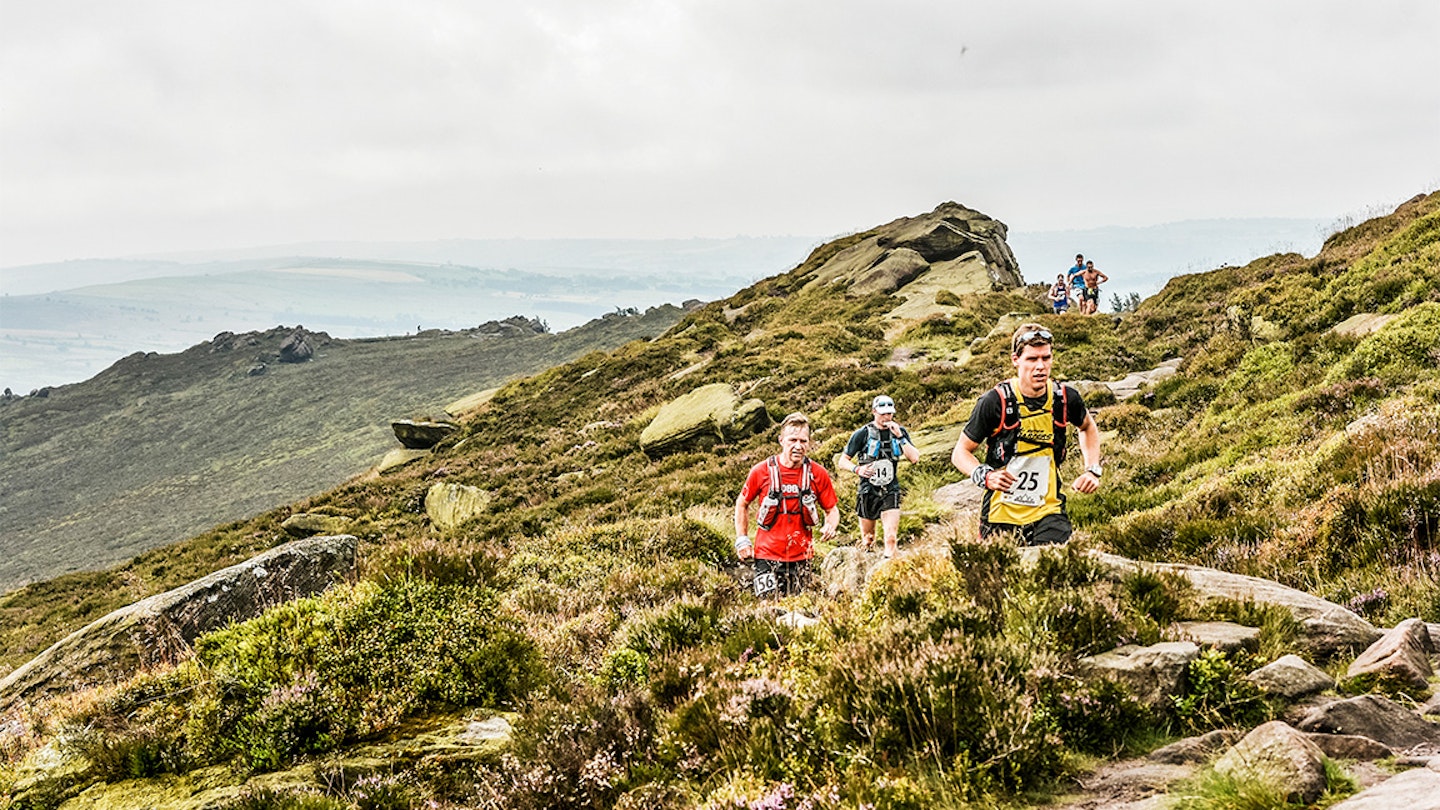
Ultra marathons aren’t just longer than regular races—they’re an entirely different beast. Pacing, nutrition, and mental resilience all play a bigger role. The terrain can be wildly unpredictable, with steep climbs, river crossings, and weather extremes all in the mix.
Sleep deprivation becomes a factor in longer events, and blisters take on a life of their own. But the difficulty is also what makes ultras so rewarding—completing one is as much a battle of willpower as it is fitness.
Do ultra runners run the whole time?
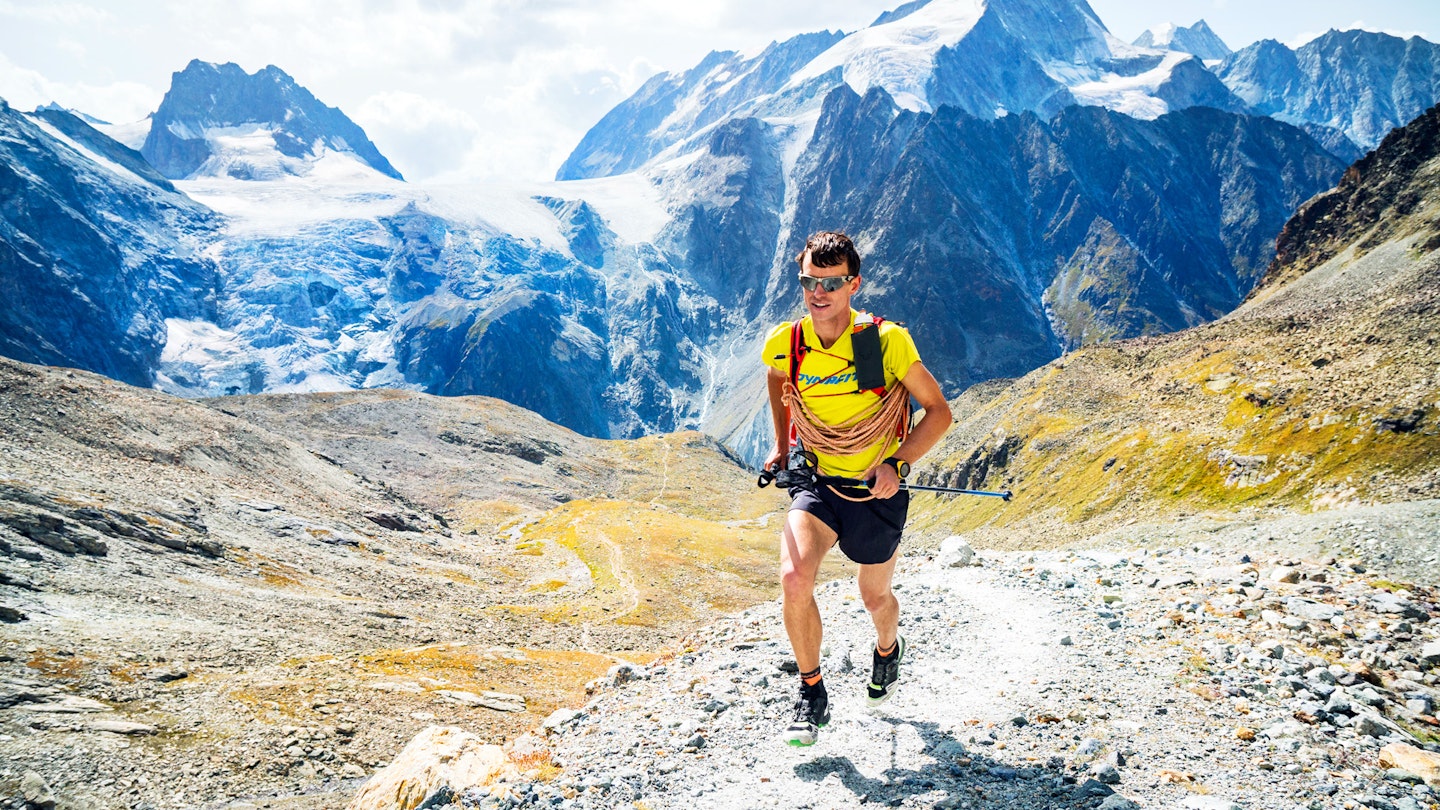
Not usually. Even elite ultra runners walk, especially on steep hills. Unlike a marathon, where even pacing is the goal, ultra running is about energy management.
Power-hiking steep climbs saves energy, and walking while eating allows runners to take in calories without jostling their stomachs too much. In longer races, sleep and rest breaks also come into play. The key isn’t speed—it’s efficiency and endurance.
Do ultra marathons cost money to enter?
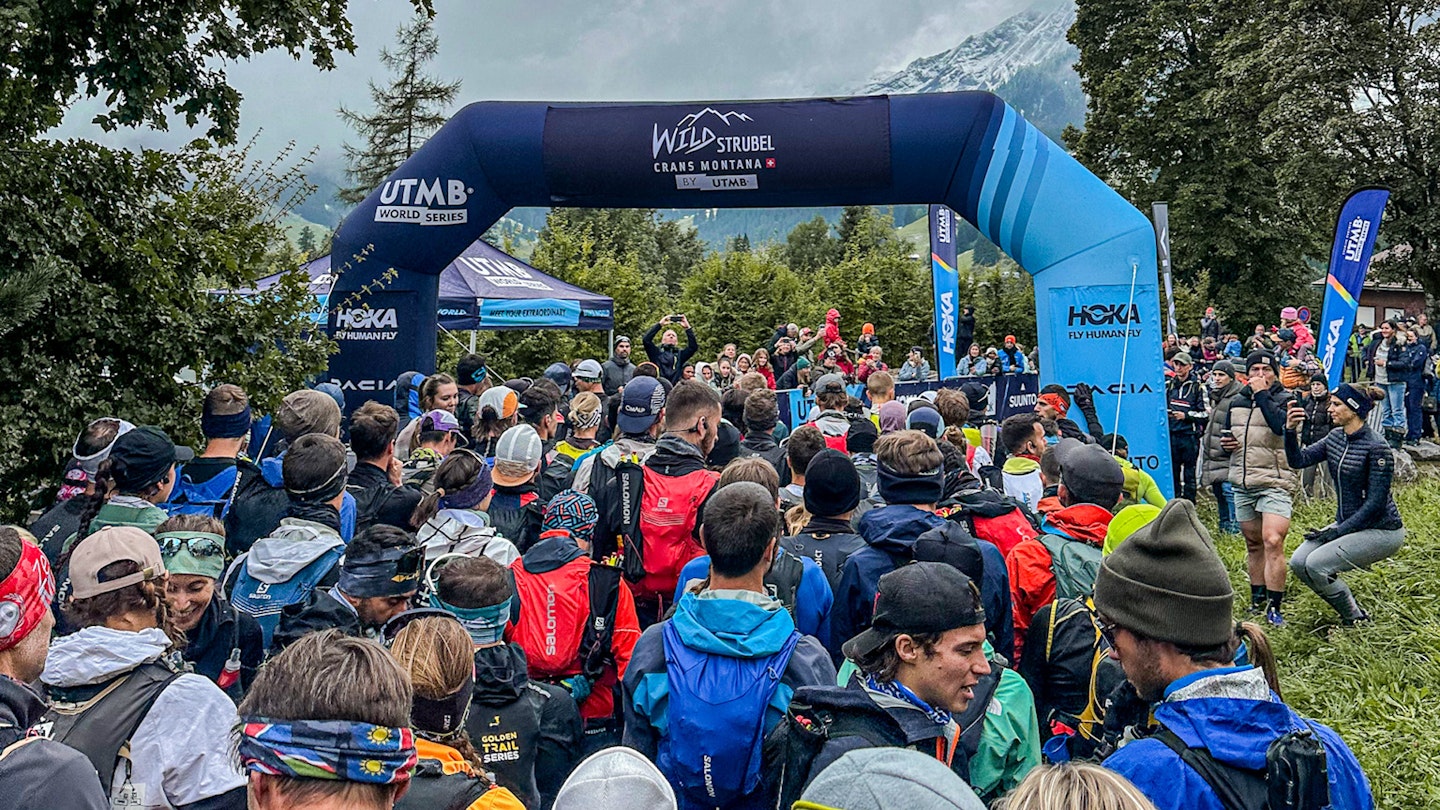
Yes, and entry fees vary massively. Some grassroots ultras cost as little as a parkrun and rely on volunteers, while high-profile races like UTMB can set you back hundreds of pounds. International races add travel and accommodation costs, and some require mandatory kit, which can be expensive.
There are also lottery-based entry systems for the most famous ultras, meaning even if you have the cash, you’re not guaranteed a spot. That said, plenty of smaller, local races offer the full ultra experience without the hefty price tag.
What are the most famous ultra marathons in the world?

A handful of ultra marathons have earned legendary status. Western States 100 in the US is the world’s oldest 100-mile trail race, while UTMB (Ultra-Trail du Mont-Blanc) is arguably the biggest, with thousands of runners tackling 170km around Mont Blanc each year.
In the UK, the Spine Race is known as Britain’s most brutal ultra, covering 268 miles of winter conditions along the Pennine Way. Then there’s the Barkley Marathons—a race so obscure and bizarre that finishing it at all is an achievement. Each of these events has its own mystique, drawing runners from across the world.
Are ultra marathons dangerous?
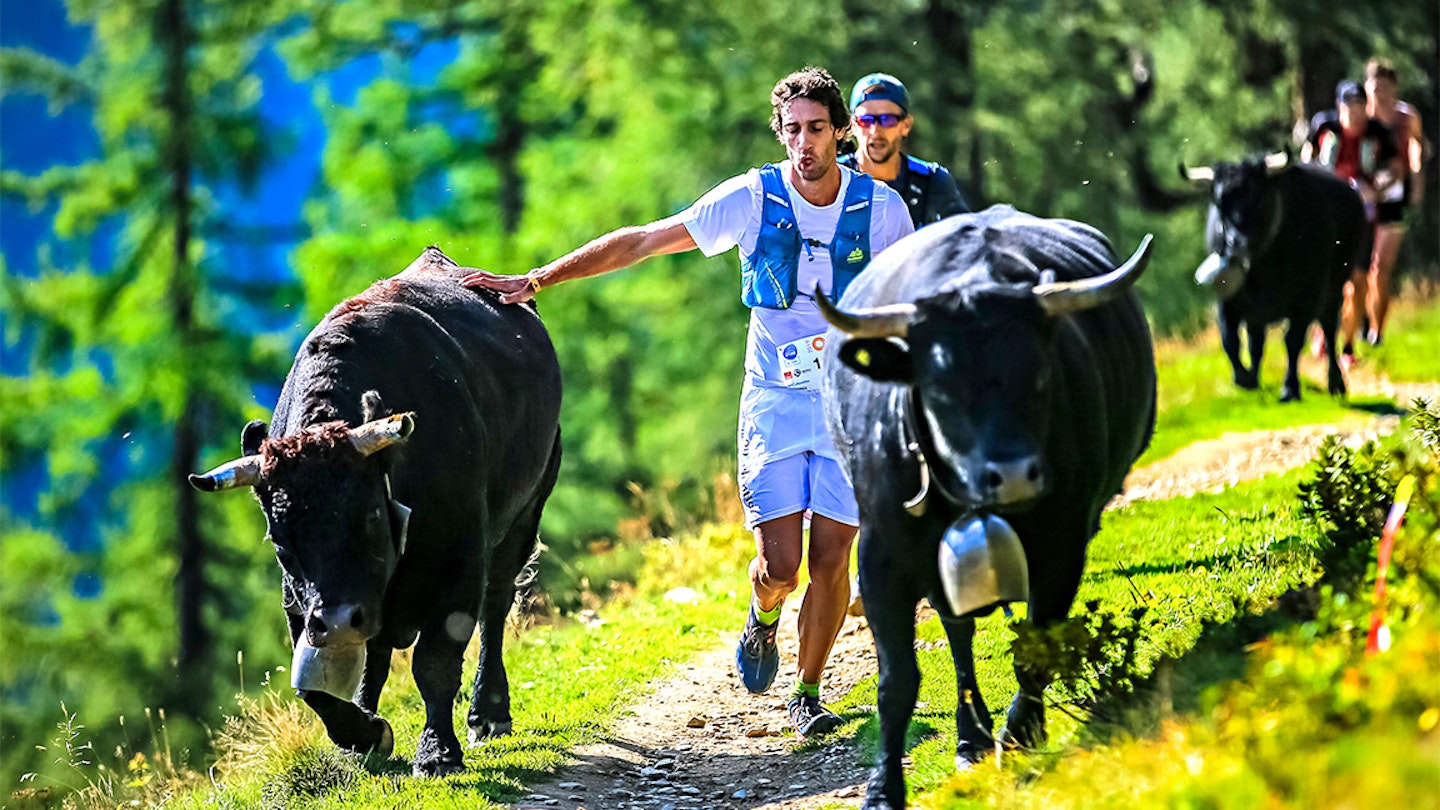
They can be. Running for hours or days on end takes a toll, and dehydration, hypothermia, and exhaustion are real risks. The more remote the race, the more self-sufficient you need to be, with some events requiring runners to carry emergency gear.
Cut-off times exist not just for competition but for safety—organisers won’t let you continue if you’re in danger of collapse. That said, with proper preparation, most runners complete ultras without serious issues, and the camaraderie on the trails often means help is never far away.
How do you recover after an ultra marathon?
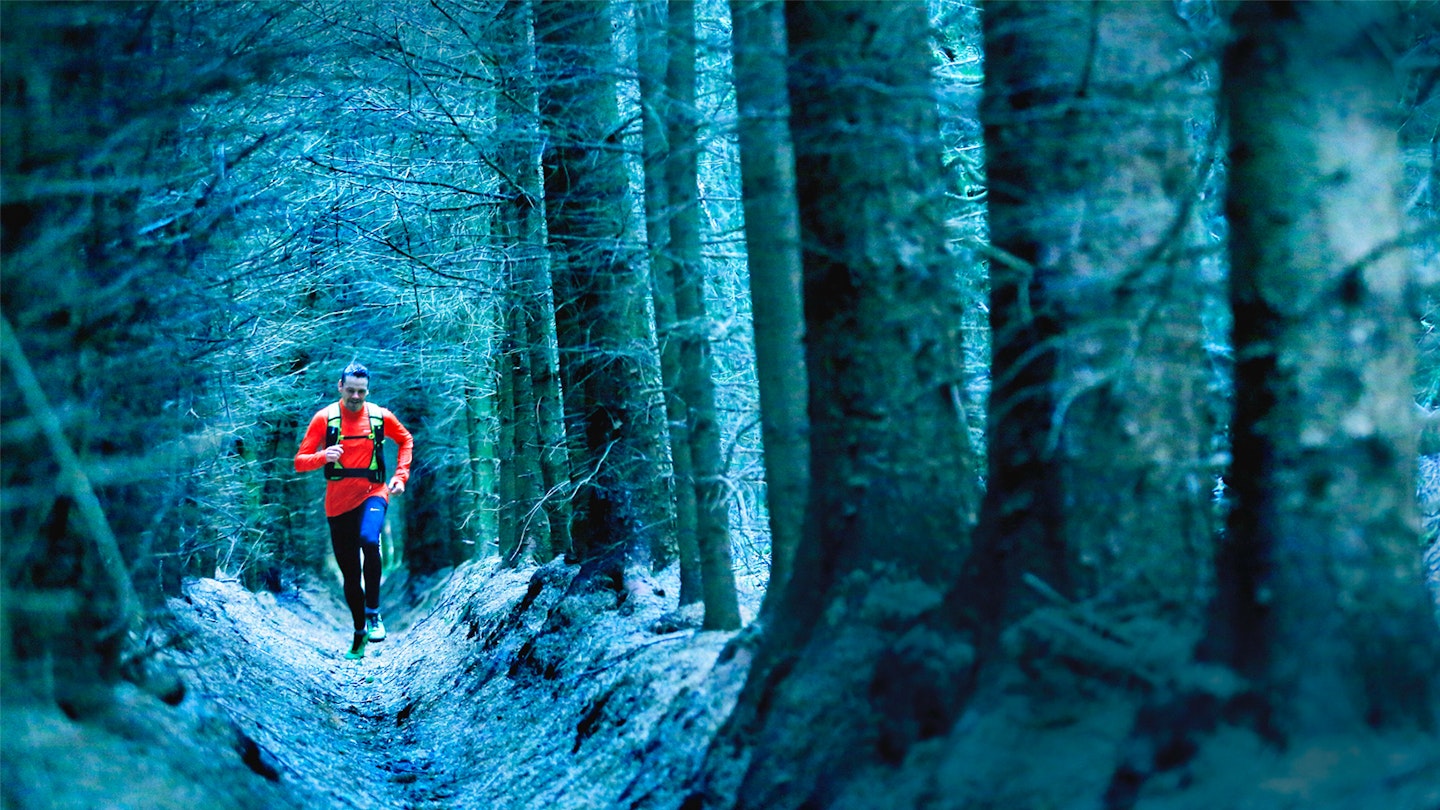
Recovery from an ultra takes time. Sore muscles, battered feet, and sheer exhaustion are guaranteed, and many runners take a week or more off running completely. Sleep, hydration, and eating enough to replenish lost calories are key, along with gentle movement to keep blood flowing. Some runners bounce back faster than others, but most agree: once the pain fades, you’ll probably start planning the next one.
